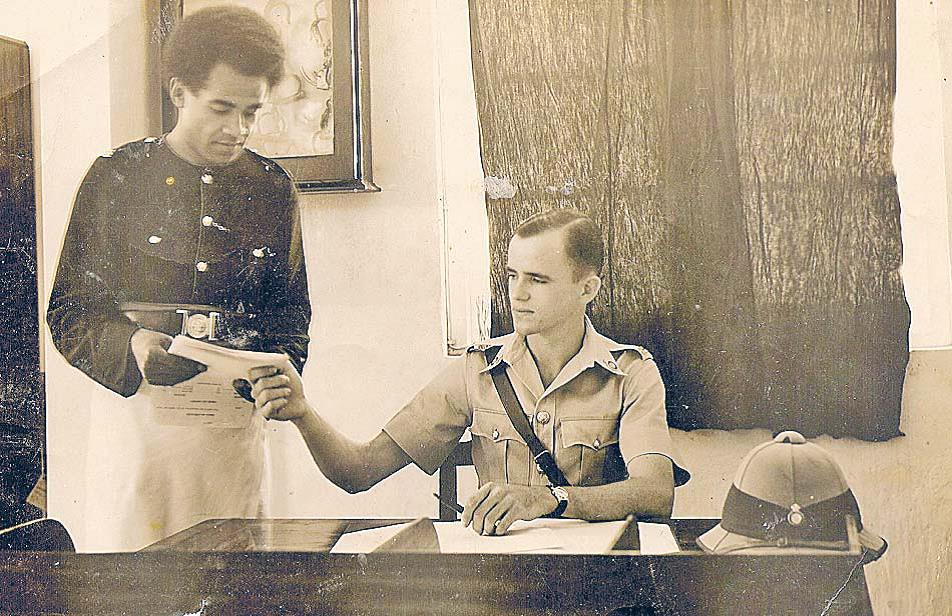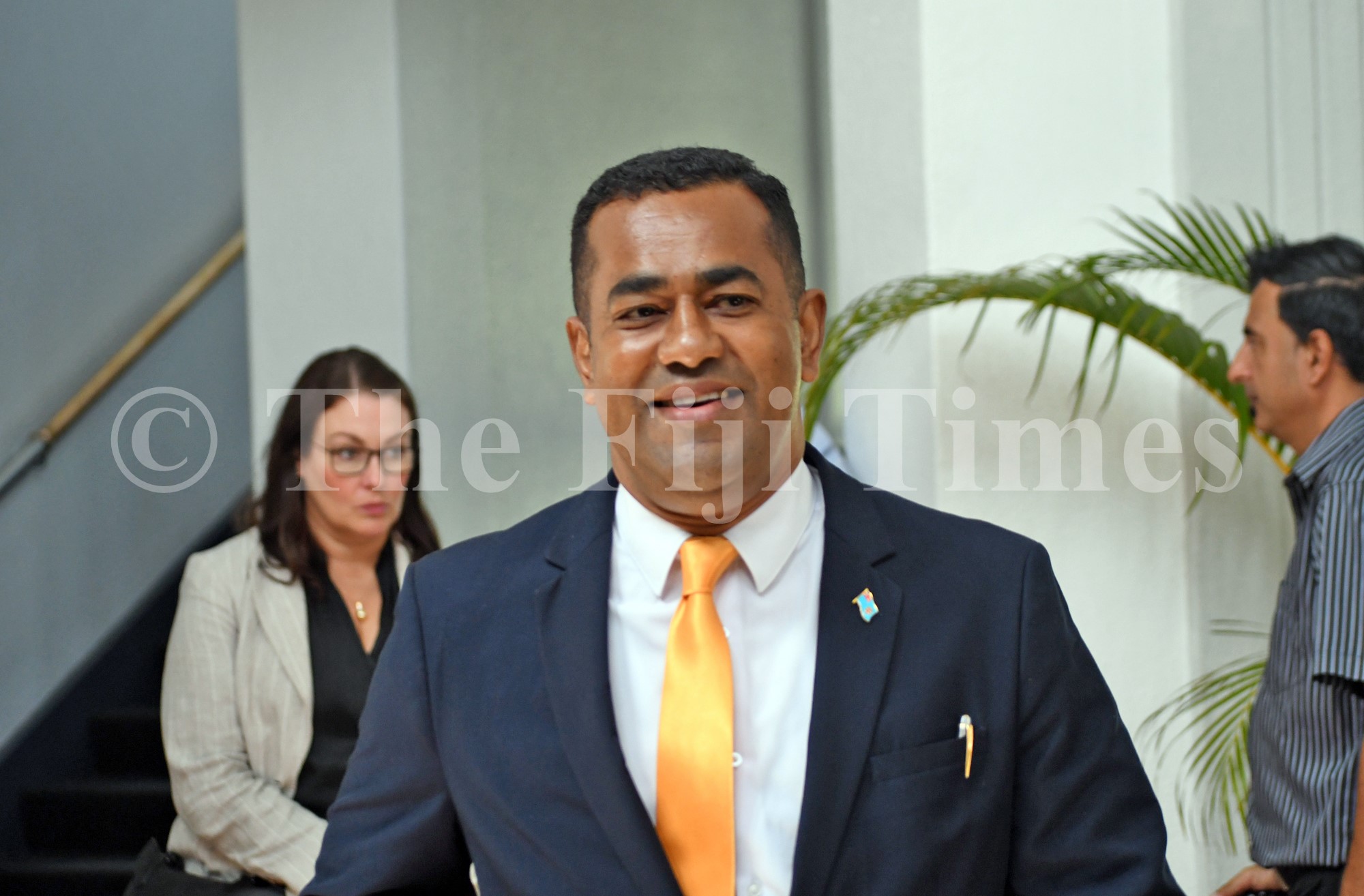ONE of Fiji’s preeminent lawyers passed away in Auckland on Saturday at age 93.
The former Supreme Court judge had retired to Auckland in 1997, after a long distinguished career in Suva and Sydney, to be close to his loving daughter, Deece, and grandchildren.
Peter Kearsley was born on Taveuni in 1925 when his father was stationed at Waiyevo as the government’s wireless officer.
He was christened Richard, after his grandfather, but was always known to family and friends as Peter.
His father was then posted to Labasa before returning to Suva where Peter and his five older sisters spent the rest of their childhood.
He was educated at Suva Boys Grammar School and eventually the University of Auckland where he took a degree in law.
However, before becoming a lawyer, when Peter left school in 1944 Fiji was still at war, so he joined the FMF 5th Battalion.
Thankfully, World War II came to an end before his battalion saw live action.
At the end of the war, he started his career in the Fiji Police Force, where he served for five years, during which time he passed his first exams in law with very high marks.
This gave him encouragement to consider a shift in his career into law, and after a brief spell in 1951 working as a clerk in Cromptons in Suva, he began his law degree in Auckland.
He received his articles as a solicitor in New Zealand in 1957 and returned to Suva, initially working for Cromptons, and from 1960, in his own legal practice, Kearsley & Kearsley, which he set-up with his first wife Anne Scott.
Most of their work was in criminal matters, but they also had a successful and varied civil and conveyancing business.
The 1960s were exciting years for the young lawyer in Fiji. During this time Peter became involved in politics and joined the Alliance Party, helping to draft their constitution, and in 1963, he successfully stood for Parliament (Legislative Council as it was then called).
In 1965, he attended the conference in London where Fiji’s first steps to self-government were agreed.
His legal practice came to an end in 1967 and he moved out of politics and private practice and into the judiciary as a magistrate.
While on holiday in Sydney in 1970, with his second wife Helen Smith, he saw an advertisement for the position of secretary of the Law Society of New South Wales, a position which he then filled and held for 12 years.
He later wrote “the idea behind this move was to extend my experience as a lawyer and I have not been disappointed”.
His role in Sydney was to foster competence and integrity among the legal profession. Despite being resident in Sydney, Peter remained in touch with the legal profession back in Fiji and, in 1982, he returned to Suva as one of the judges of the Supreme Court, a position he held until 1987.
During this time he exercised unlimited jurisdiction to hear and determine civil and criminal cases, but it was during the political unrest in 1987, that his independence and skills as a lawyer really came to the fore. During the first coup he drafted the letter of advice which the Supreme Court sent to the Governor General on his constitutional duties.
It was only after the second coup, when the Governor General resigned, that Judge Kearsley decided it was time for him to resign as well.
He headed back to Sydney where he served out his career in the Department of Public Prosecution and as a part-time lecturer at law school. Throughout his time in Sydney and his retirement in Auckland, Peter remained a citizen of Fiji.
He is survived by his daughters Deece, Jenny, Amanda and Anna, and by six grandchildren.
NOTE: John Thomson is Peter Kearsley’s nephew. The views expressed are the author’s and not of this newspaper.





